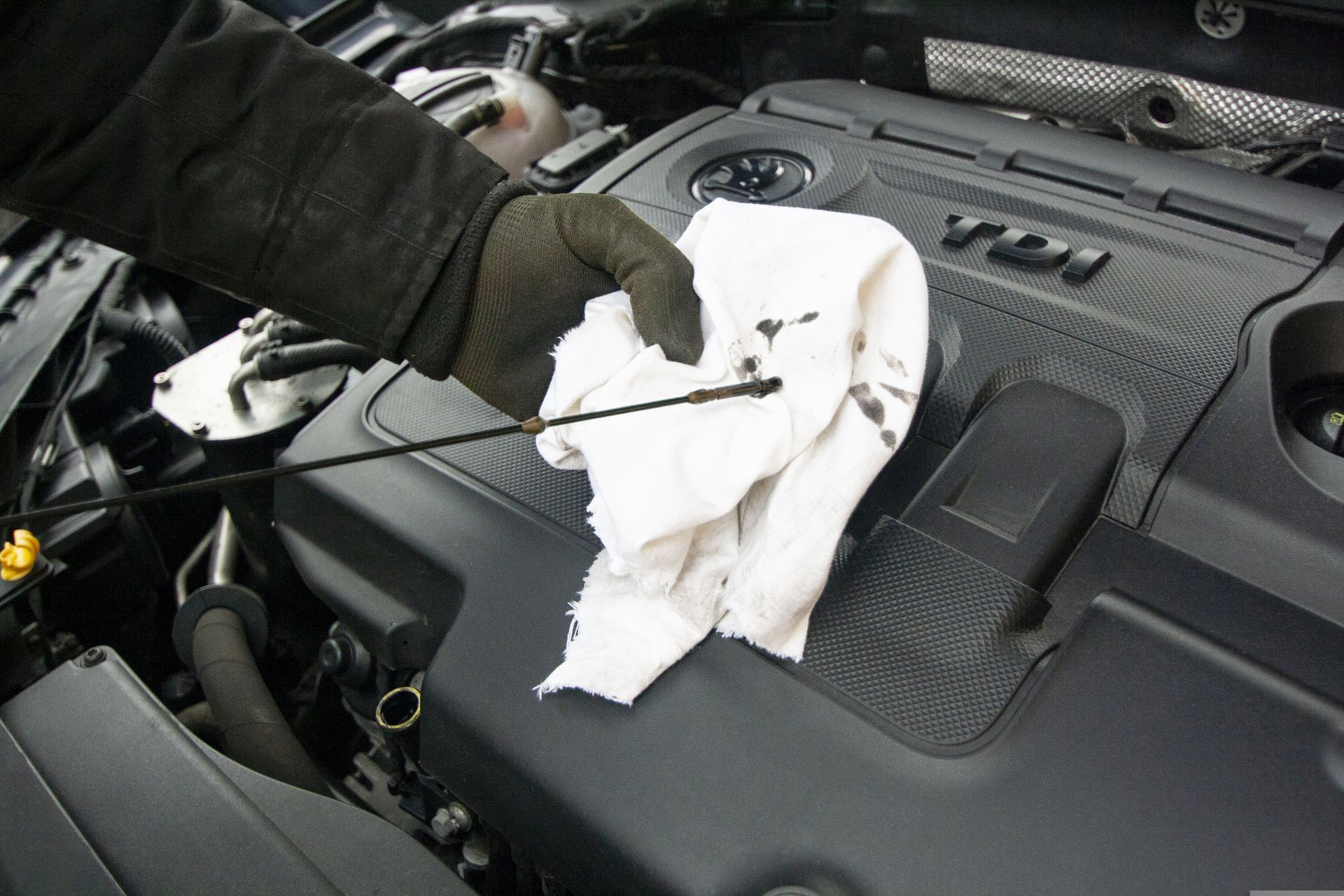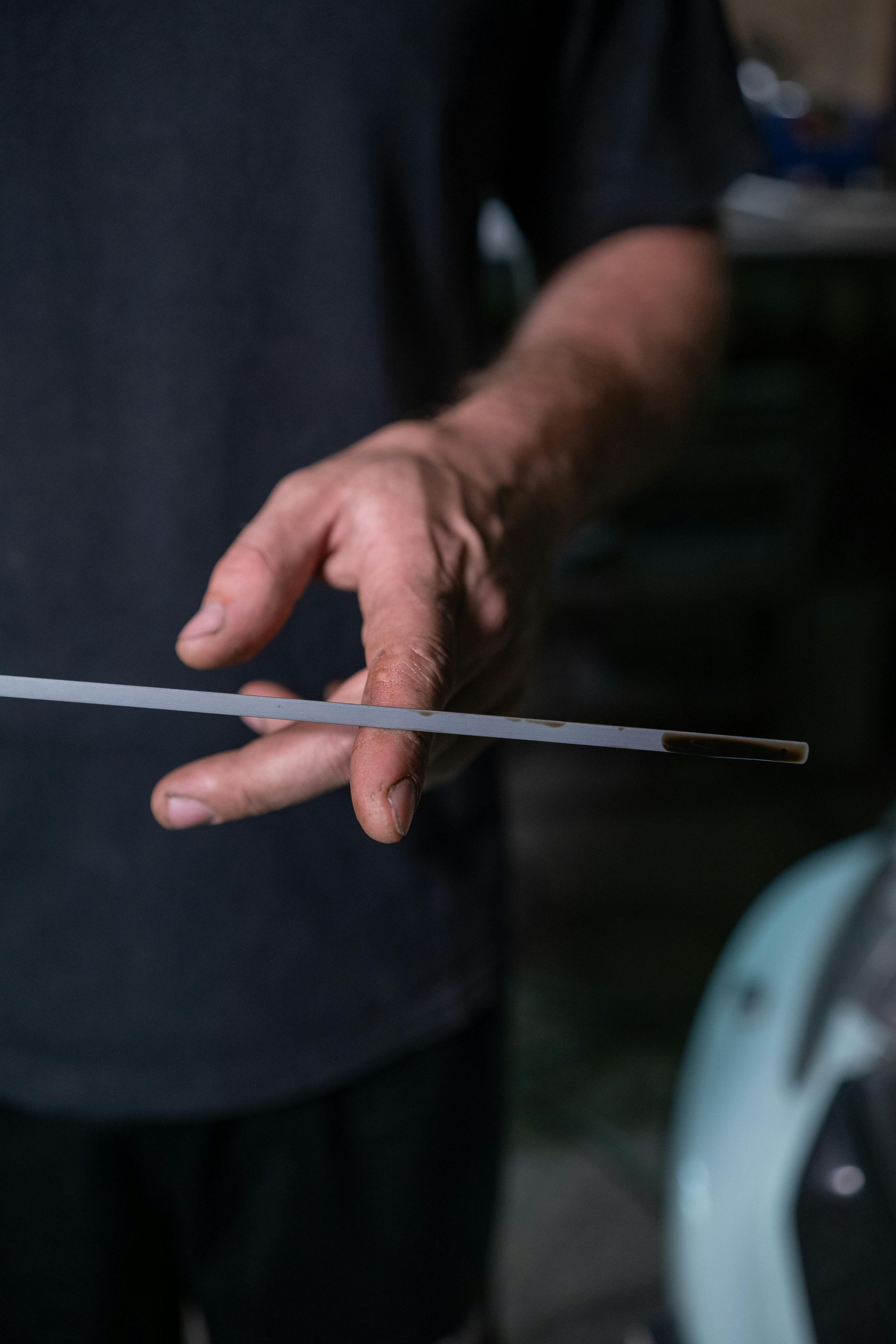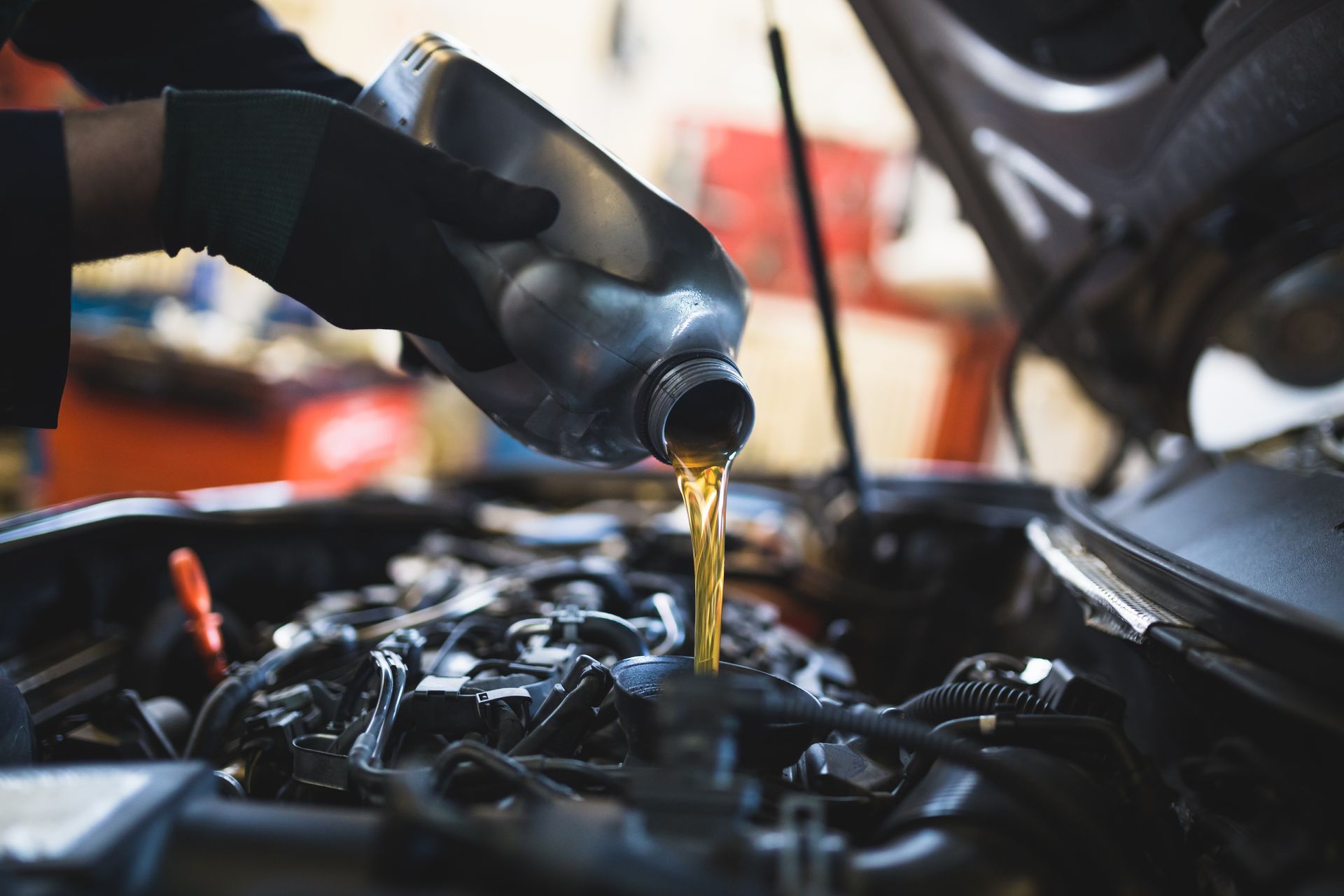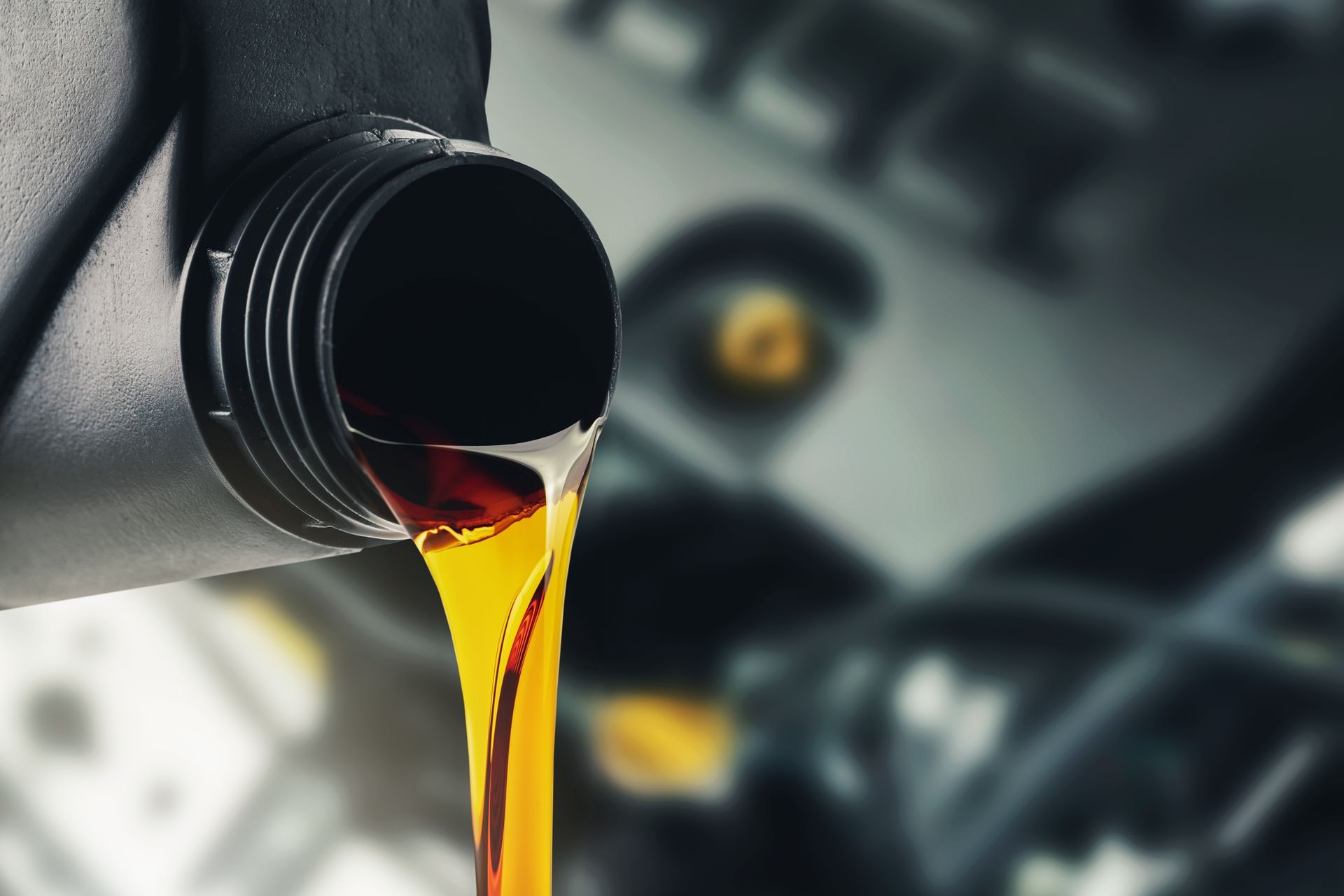Our Blog
Expert exhaust system repair by Auto Centric in Grand Rapids, MI. Enhance performance and efficiency. Visit us today!
Expert auto AC repair and recharge services in Grand Rapids, MI. Trust Auto Centric for professional care. Schedule an online appointment now!

Have you ever postponed an oil change, thinking it's no big deal? Many Grand Rapids car owners delay this simple maintenance task without realizing the consequences. Regular oil changes aren't just a recommendation—they're essential for your vehicle's health and longevity. Simply put, if you don’t change your car's oil regularly it leads to engine damage, reduced performance, and potentially costly repairs that could have been avoided. When oil becomes old and dirty, it can't properly lubricate engine parts, causing increased friction and heat. This extra stress accelerates wear on critical components. The effects aren't always immediate, which is why some drivers ignore this maintenance. However, over time, dirty oil creates sludge that clogs passages in your engine. This restricts oil flow and can ultimately lead to engine failure—a problem far more expensive than routine oil changes. Consequences of Irregular Oil Changes Skipping regular oil changes creates a chain reaction of problems that can severely impact your vehicle's performance and lifespan. These issues often start small but quickly compound into serious problems. Accelerated Engine Wear and Tear Engine oil naturally breaks down over time, losing its lubricating properties. Extreme temperatures such as Grand Rapids winters don’t help. When oil ages, it becomes thicker and forms sludge that clings to engine components. This sludge prevents proper lubrication between metal parts, causing them to grind against each other. The resulting friction generates excessive heat and damages vital engine components like pistons, cylinders, and bearings. These parts develop scoring marks and begin to deteriorate rapidly. Contaminants like dirt, metal shavings, and combustion byproducts accumulate in old oil. These particles act like sandpaper, further abrading internal engine surfaces with every mile driven. Reduced Fuel Efficiency Dirty oil makes the engine work harder to perform its normal functions. When engine components encounter greater resistance due to inadequate lubrication, they require more energy to operate. This increased resistance directly translates to higher fuel consumption. Drivers may notice they're filling up more frequently than before, sometimes seeing a 1-2% decrease in fuel economy with very old oil. The engine's decreased efficiency comes from multiple factors: Thickened oil creating more resistance Sludge buildup restricting oil flow Increased friction between moving parts Poor heat dispersion requiring more energy Potential for Engine Failure Continued operation with degraded oil significantly increases the risk of catastrophic engine failure. As oil breaks down completely, metal-on-metal contact can cause parts to seize or warp under extreme heat. The oil pump may struggle to circulate thickened oil, leading to oil starvation in critical areas. This can result in sudden bearing failure or connecting rod damage. Engine overheating becomes more common as old oil fails to transfer heat properly. This can lead to warped cylinder heads, blown head gaskets, or even cracked engine blocks. The repair costs for these severe issues often reach thousands of dollars, far exceeding what regular oil changes would have cost over the vehicle's lifetime. Best Practices for Oil Maintenance in Grand Rapids Maintaining consistent oil changes keeps your engine running smoothly and extends the life of your vehicle. This is the key that can save you from costly repairs down the road. Understanding Oil Change Intervals Most manufacturers recommend changing your oil every 5,000 to 7,500 miles for syntheic oil. However, this interval can extend to 10,000-15,000 miles with high-quality synthetic oils like Mobil 1 or Shell's fully synthetic options. Driving conditions significantly impact these intervals. Vehicles operated in "severe" conditions need more frequent changes. Severe conditions include: Short trips (under 10 miles) Extreme temperatures (very hot or cold) Dusty environments Stop-and-go traffic Towing or hauling heavy loads Modern vehicles often have oil life monitoring systems that track your driving habits and alert you when an oil change is needed. These systems are quite reliable and can help optimize your maintenance schedule, so don’t ignore them. Choosing the Right Oil for Your Engine Selecting the proper oil type impacts engine performance. Always refer to your owner's manual for the manufacturer's recommended viscosity grade and specifications. Conventional oils are less expensive but require more frequent changes. They work well in older engines with simple designs and moderate driving conditions. Synthetic oils offer superior protection across temperature extremes. Mobil 1 and other premium synthetic oils provide better flow in cold weather and maintain stability in high heat conditions. The viscosity rating (like 5W-30) indicates how the oil flows in different temperatures. The first number shows cold-weather performance, while the second indicates hot-weather performance. How Important is it to Replace the Oil Filter? Very important. Oil filters should be replaced with every oil change. They trap harmful particles and contaminants that would otherwise circulate through your engine. A quality filter from brands like Mobil or FRAM can capture particles as small as 25 microns – smaller than half the width of a human hair. This level of filtration prevents premature engine wear. As filters collect contaminants, they gradually become clogged. A clogged filter restricts oil flow, potentially leading to: Reduced engine lubrication Increased engine wear Poor performance and fuel economy Engine overheating Using a premium filter designed for your specific vehicle ensures proper fit and optimal filtration. The small additional cost compared to budget filters pays dividends in engine protection and longevity. If you have any questions or need an oil change, stop by Auto Centric. We're located at 5355 Plainfield Ave NE in Grand Rapids .










